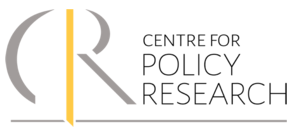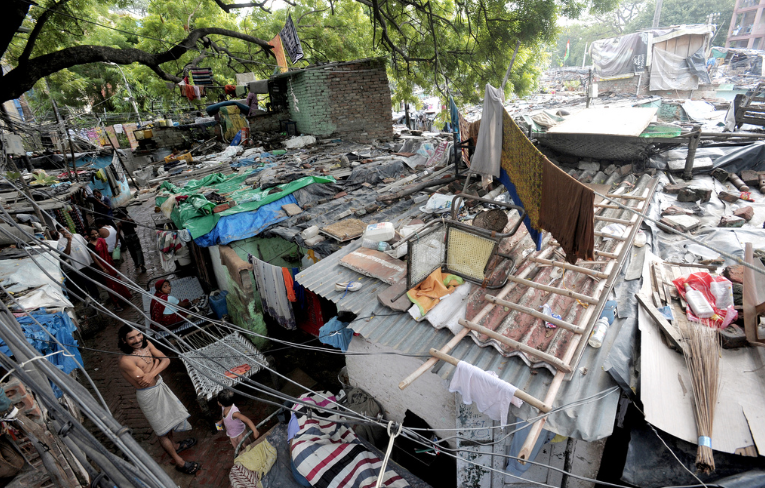CPR

The Centre for Policy Research (CPR) has been one of India’s leading public policy think tanks since 1973. The Centre is a non-profit, independent and non-partisan research institution dedicated to conducting research that contributes to a more robust public discourse about the structures and processes that shape life in India.
CPR’s main objectives are to provide thought leadership and creative solutions to address pressing intellectual and policy issues. It is one of the 27 national social science research institutes recognized by the Indian Council of Social Science Research (ICSSR), Government of India, and is set apart by its multi-disciplinary approach and unique blend of scholarship and practical expertise.
CPR’s community of distinguished academics and practitioners represents views from many disciplines and across the political spectrum. Senior faculty collaborate with more than 50 young professionals and academics at CPR and with partners around the globe to investigate topics critical to India’s future.
The CPR Climate Initiative
The Climate Initiative seeks to generate research and analysis on the global climate negotiations, and on the links between the global climate regime and domestic laws, policies and institutions in India. It also seeks to create a platform from which scholars and activists can engage in policy and academic debate on climate change. For more information on the Climate Initiative’s project on State Action Plans on Climate Change, please go to http://state-climate-plans.cprindia.org/.
Funding
The Centre for Policy Research is recognised as a not-for-profit society by the Government of India, and contributions to the Centre are tax exempt. CPR receives grants from the Indian Council for Social Science Research (ICSSR), and is a Department of Science and Technology (DST) recognised institution. CPR is a member institution of the Think Tank Initiative (TTI), a programme of the International Development Research Centre (IDRC).
CPR receives grants from a variety of domestic and international sources, including foundations, corporate philanthropy, governments, and multilateral agencies.
